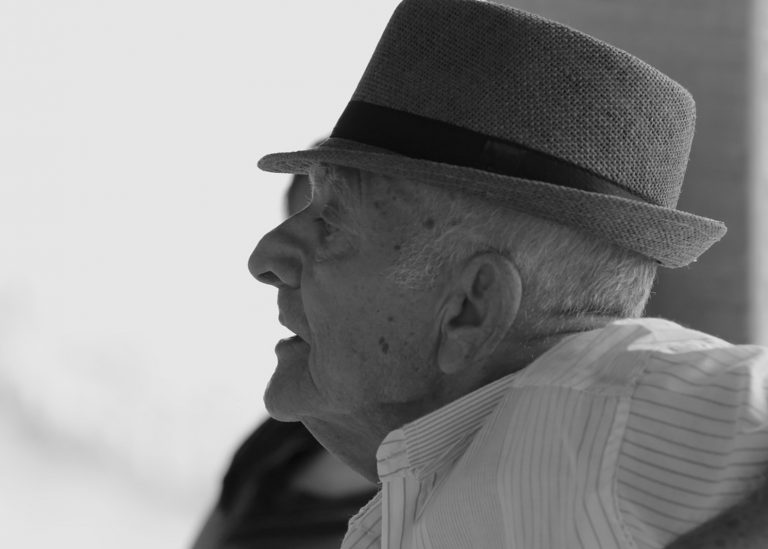These days, everyone’s short on time. The last thing you want to do is hover over your loved ones and nag them about taking care of themselves. But before you can really help them, you need to know that they need help.
When it comes to caring for seniors, too often, people are in denial until a crisis hits. Don’t let that happen to you. Here’s how you can identify the early signs of ADL (Activities of Daily Living) issues like memory loss and disorientation that could be pointing towards something much more serious down the road.
Story Stages
Understand what ADL is and what challenges it poses
One of the biggest challenges that our loved ones face as they age is needing assistance with their daily living, also known as ADL. ADL is a term that encompasses all the daily tasks that our bodies need help with, such as bathing, dressing, eating, cooking, and cleaning. Having to rely on others for help with these tasks can be difficult for many people and can make them feel as if they have lost their independence. If you want to help a loved one who is in need of assistance with their ADL health, it is important that you understand what challenges they will be facing.
It can be frustrating for the person struggling with ADL and for the family members who are trying to help. It’s important to recognize when it’s time to take a step back from helping a loved one with ADL health challenges and get professional assistance.
Know the signs and symptoms of ADL (Activities of Daily Living) issues
ADL, or Activities of Daily Living, is a term used to describe a person’s ability to care for themselves and do normal day-to-day activities. These abilities can include doing things like getting dressed, bathing, walking (or if they can use a mobility scooter), and eating. If you notice that your loved one is having trouble with any of these activities, it’s time to take a closer look and see if they need any help. Here are some of the common signs to look for: Difficulty walking or standing: If you notice that your loved one is having trouble walking, it’s important that you try to find out if it’s a recurring issue. If it is, they may be experiencing issues with their mobility. Getting enough exercise can help with this. If you notice that your loved one is having trouble standing up or sitting down, it can be a sign that they are experiencing issues with their balance.
Get a certified social worker to help you find out what’s going on
As a caregiver, you will be faced with this situation time and time again. You are the one who has to spot the signs of ADLs and IADLs and recognize the need for an intervention. You will be the one who will have to talk to the person about it and find out if they want to do it or not. It’s not easy, and if you do it wrong, it will be a disaster. You need a professional to help you navigate through this process. Work with a social worker who will know how to approach this situation and who will know how to get the best out of the person you are helping.
They will know how to go about your search for an in-home care agency and how to get the best price for a caregiver. If you’re concerned that a loved one may need assistance with activities of daily living, the first step is to speak with a social worker. A social worker is a licensed mental health professional trained to identify and assist people living with disabilities, especially seniors. The social worker will be able to assess your loved one’s situation and determine if any adjustments need to be made and if in-home care or a different living situation will provide a better quality of life.
Keep a log of your conversations and activities that could indicate ADL issues
As we grow older and start to experience more health issues, it becomes more difficult to know when and where to get help. But by having conversations with your loved ones and keeping track of their daily activities, you will be able to tell if they need help with daily living tasks. By keeping track of their daily activities and having conversations with them, you will be able to tell if they need help with daily living tasks such as bathing or getting dressed.
Understand the causes behind the symptoms and determine the best course of action
Does your loved one have trouble performing basic tasks such as getting dressed, bathing, or eating? These may be signs of a physical or mental disability. Take the time to observe your loved one and note the difficulties they are having. For example, if your loved one is unable to get dressed in the morning, you should take note of the following: Does your loved one have problems moving around? Are they having balance issues? Does your loved one have trouble standing up or sitting down? All these signs can help you get better help and diagnoses for a possibly fixable condition.
